Blackbirds (1926): early recordings of selected songs in the revue
_________________________
__________________________
BLACKBIRDS
Producer of the 1926 all-black Broadway revue Blackbirds, Lew Leslie, exported the show, directly following a successful six week run at the Alhambra Theatre in Harlem, to the newly renovated Café des Amabassadeurs in Paris, where it would be presented by Edmund Sayag. According to the book, A Century of Musicals in Black and White by Bernard L. Peterson (1993), p. 36, prior to its Alahambra run the revue “developed from floorshows at the Plantation Club, a Harlem cabaret attended exclusively by whites.”
From a Jazz Age Club piece titled The Ambassadeur Show 1926 [sic], an article about the 1926 Parisian production of Blackbirds:
 The legendary Florence Mills made her first appearance by emerging out of a birthday cake carried onstage and sang her first song Silver Rose. She was regarded as a bewitching little figure, her dancing always graceful and her singing voice clear and high. She went on to sing I’m a Little Blackbird, I Want Nobody But You, Dinah and toward the end she sang Blackbird [?]. The song You Won’t Go to Heaven When You Die by the chorus was also greatly lauded. The Three Eddies were adored for their eccentric dancing, Jones and Jones were highly amusing in their ‘Weerie Willie’ sketch and Johnny Hudgins, the silent pantomime clown, entranced everyone with his whimsical steps.
The legendary Florence Mills made her first appearance by emerging out of a birthday cake carried onstage and sang her first song Silver Rose. She was regarded as a bewitching little figure, her dancing always graceful and her singing voice clear and high. She went on to sing I’m a Little Blackbird, I Want Nobody But You, Dinah and toward the end she sang Blackbird [?]. The song You Won’t Go to Heaven When You Die by the chorus was also greatly lauded. The Three Eddies were adored for their eccentric dancing, Jones and Jones were highly amusing in their ‘Weerie Willie’ sketch and Johnny Hudgins, the silent pantomime clown, entranced everyone with his whimsical steps.
The staging and costumes were highly admired especially in the Jungle Land, Jazz Came From the South, and the Pirate Den scenes. Dancing was also a big features [sic] with an exhibition of the Charleston by several dusky maids in seven different ways, a display of clog dancing and the negro parade of wooden soldiers with the effect of the drums given by the beating of the feet. The initial costumes were all created in New York by the Brooks Costume Company. However, according to an interview in the Daily Mirror in early August 1926, the English designer based in London, Dolly Tree said she had completed 150 sketches ‘for the new cabaret show at the Ambassadeurs in Paris.’ Perhaps these sketches were for the revised edition staged in August.
____________________________
References:
- The Ambassadeur Show 1926 (jazzageclub.com)
- Blackbirds 1926 West End production info (broadwayworld.com)
- Blackbirds (1926) songs, with discography of recorded songs (keepingscore.x10.mx)
- Florence Mills: Her shows, her music (florencemills.com)
Florence Mills biography:
- FlorenceMills.com
- Wikipedia
- dclibrarylabs.org
- Florence Mills: Harlem Jazz Queen by Bill Egan (2004)
Relevant Songbook pages:
- African American theater, 1896-1926: Songbook feature pages and galleries (16 pages)
- Shuffle Along and the return of African-American theater to Broadway during the Harlem Renaissance of the 1920s
- Florence Mills slide show and gallery
- Clarence Williams: selected recordings, 1923-1929
____________________________
Selected songs from the revue:
- Silver Rose
- Mandy, Make Up Your Mind
- Jazz Time Came from the South
- I’m a Little Blackbird Looking for a Blue Bird
- Arabella’s Wedding Day
- For Baby and Me
- Don’t Advertise Your Man
- Smiling Joe
- I Don’t Want Nobody But You
_____________________________
Silver Rose (George W. Meyer)
The Plantation Orchestra – According to the video provider, the side was recorded in London on 1 December 1926. It was issued on (UK) Columbia 4185, b/w “Smiling Joe” (G. W. Meyer).
According to The Red Hot Jazz Archive (defunct):
These Plantation Orchestra sides were made in London by the Pike [Davis] Orchestra, which was an African-American jazz band that supported Florence Mills and Edith Wilson in Charles B. Cochran’s production of Lew Leslie’s musical revue “Blackbirds.”
The Plantation Orchestra personnel (from the video provider):
Ralph “Shrimp” Jones, vn, dir: Johnny Dunn, Pike Davis, t / Calvin Jones, tb / Rudolph Dunbar, Nelson Kincaid, c, as (one doubling ss) / Alonzo Williams, ts / George Smith, vn / George Rickson, p / Maceo Jefferson, bj / Bill Benford, bb / Jesse Baltimore, d
________________
(above) Florence Mills in the “Mandy, Make Up Your Mind” number of Dixie to Broadway, 1924
From the book Florence Mills: Harlem Jazz Queen by Bill Egan (2004), p. 110:
Florence’s third scene [in Dixie to Broadway, 1924] introduced one of her most successful songs, “Mandy, Make Up Your Mind.” To the audience’s surprise she appeared in male formal dress as the groom, with chorus girl Alma Smith the tardy bride. All the company got into the act, either as bridesmaids, maids of honor or groomsmen. Florence’s male attire was her tribute to Aida Overton Walker‘s famous “That’s Why They Call Me Shine” routine.
______________________
The following three songs were part of the main program of Blackbirds [1926] at its c. 5 April 1926 off-Broadway opening at the RKO Alhambra Theatre, according to Broadwayworld.com, but they had been introduced by Florence Mills in the revue Dixie to Broadway (IBDB), which premiered in New York at the Broadhurst Theatre on 29 October 1924 and closed there after 77 performances in January 1925.
Mandy, Make Up Your Mind (Grant Clarke, Roy Turk, George W. Meyer)
Clarence Williams & his Blue Five, vocal: Eva Taylor – recorded 17 December 1924,NY
.
I’m a Little Blackbird Looking for a Bluebird (Grant Clarke, Roy Turk, George W. Meyer, Arthur Johnson)
Clarence Williams & his Blue Five — recorded 17 December 1924, NY
Louis Armstrong: cornet
Sidney Bechet: soprano saxophone
Charlie Irvis: trombone
Clarence Williams: piano
Buddy Christian: banjo
Eva Taylor: vocal
.
Jazz Time Came From the South (m. George W. Meyer, Arthur Johnston, w: Grant Clarke, Roy Turk)
links:
- Songs written or co-written by George W. Meyer, page 5, (dbopm.com) — copyright 1924
- Florence Mills: Harlem Jazz Queen by Bill Egan (2004), p. 168
I haven’t found a recording of this song, yet. But I do have the following image of Florence Mills performing with Tillie Meadows and Lucia Moses in the “Jazz Time Came From the South” number of Blackbirds (1926).
Arabella’s Wedding Day (George W. Meyer)
The Plantation Orchestra — recorded 1 December 1926, London (Columbia 4238)
______________________
According to the “Score Overview” at Broadwayworld.com, the following four songs were added after the Broadway opening.
For Baby and Me (George W. Meyer)
The Plantation Orchestra – recorded 1 December 1926, London (Columbia 4238)
.
Don’t Advertise Your Man (Jimmy Foster) — aka Women Be Wise
Clara Smith – recorded 14 April 1924 (Columbia 14026-D)
.
Smiling Joe (George W. Meyer)
The Plantation Orchestra – recorded in London, 1 December 1926 (Columbia 4185)
.
I Don’t Want Nobody But You (m. Abel Baer, w. Sam Lewis & Joe Young)
Park Lane Orchestra (led by Harry Reser) — recorded 21 July 1926
.
Cliff Edwards — 1926 — Don’t miss the extraordinary scat break beginning at about 1:20, employing a style of improvised vocalization which Edwards developed and called “effin.”
















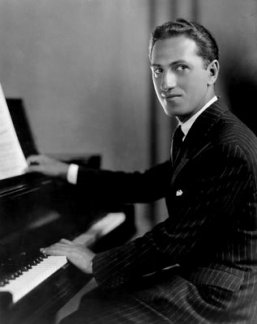

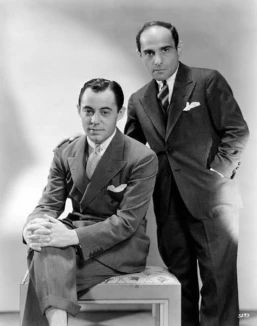

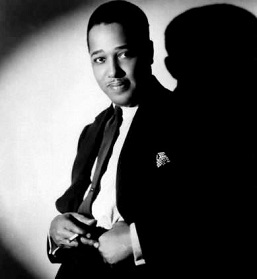


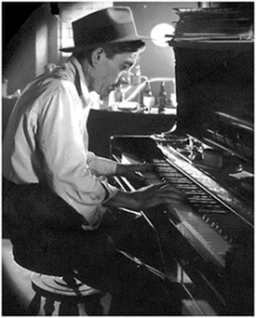
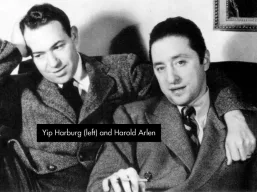
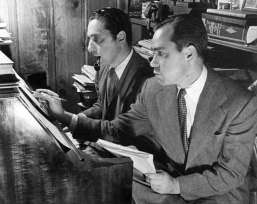



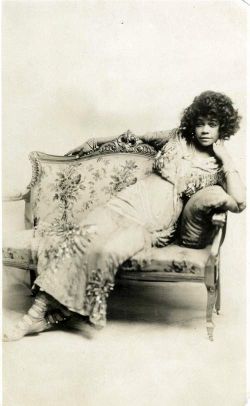





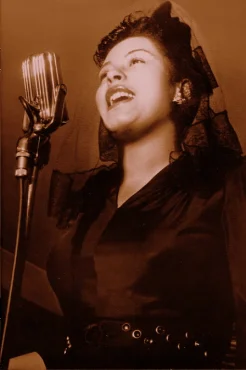




Mar 05, 2018 @ 15:35:29
mo’ effin
LikeLike